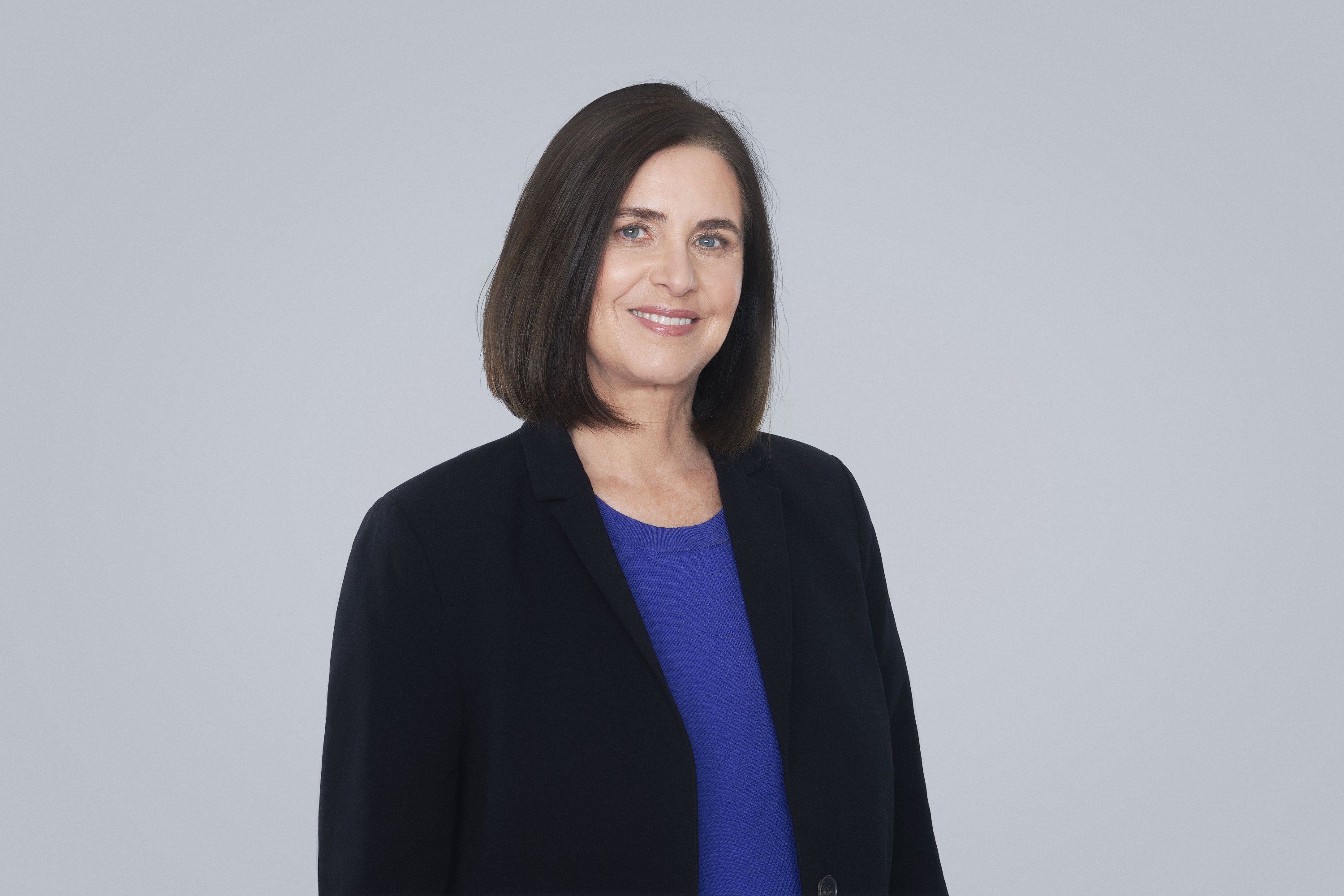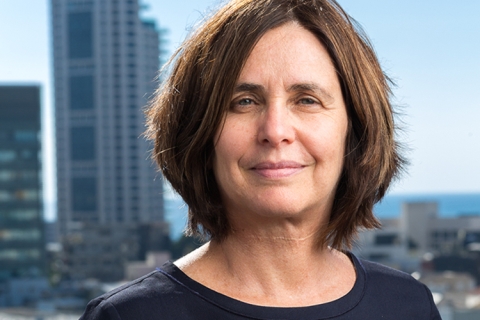
Written By: Audrey Woods
CSAIL Professor Shafi Goldwasser was always interested in mathematics. With parents who encouraged her to pursue science, she went to Carnegie Mellon University for her undergraduate degree, intending to study math. However, a series of experiences led her to programming and algorithms, motivating her to attend the Computer Science School at UC Berkeley for her graduate work. While there, she studied under Turing Award winner Manuel Blum, attended the first Crypto conference in Santa Barbara where she met the future authors of the RSA cryptographic system, and studied alongside her future Turing Award co-recipient, CSAIL Professor Silvio Micali. Upon graduation, Professor Goldwasser came to MIT as a postdoc, joining the faculty in 1983. In 1997, she became the first RSA Professor of Electrical Engineering and Computer Science.
Professor Goldwasser’s research has led to fundamental breakthroughs in cryptography, computational complexity, computational number theory, and probabilistic algorithms. Working with Professor Micali, she co-wrote landmark papers on topics such as probabilistic encryption and co-invented zero-knowledge proofs, which are a key tool in the design of cryptographic protocols. For this and other foundational research laying the theoretical groundwork of cryptography and creating new methods for efficient verification of mathematical proofs in complexity theory, Professor Goldwasser was the co-recipient of the 2012 Turing Award.
Now Professor Goldwasser leads the Cryptography and Information Security Group and the Complexity Theory Group at CSAIL. Her current research is focused on the development of tools which allow for the maximal use of modern computation while preserving the basic right to be left alone. She’s also studying the use of randomness in algorithm design and novel paradigms in complexity theory. Professor Goldwasser says that her favorite part of research is the “intellectual buzz” she gets when she figures out how to approach a problem.

